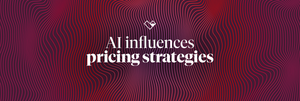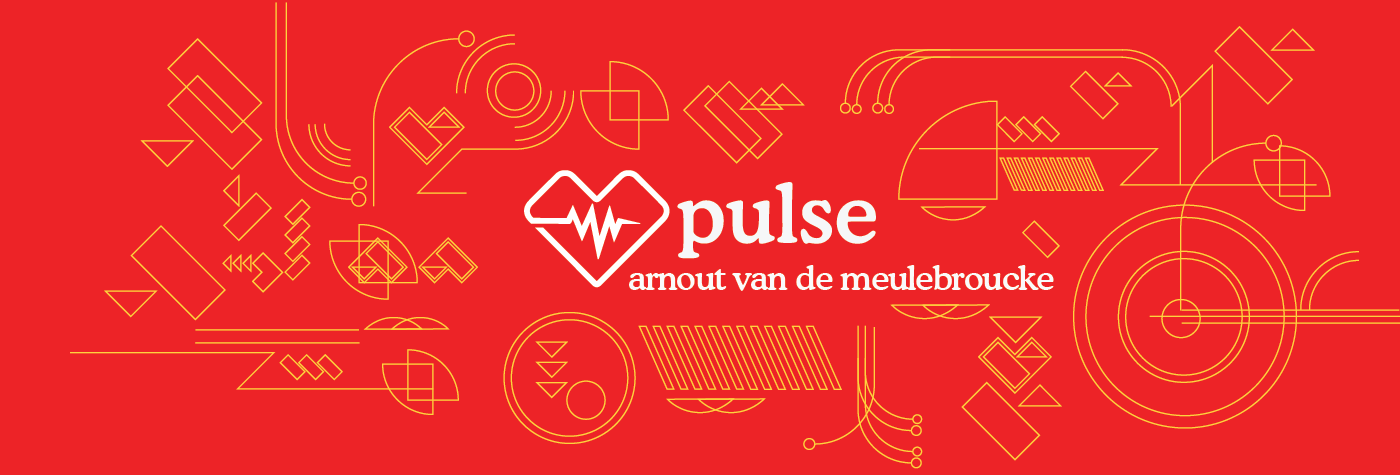In Pulse, a madewithlove podcast, Andreas talks with leaders from the tech startup and scale-up ecosystem. There are also some podcast episodes where Andreas talks with his own colleagues about everything he comes across when working as a CTO in residence for various clients. Sit back and enjoy Pulse!
Read: The Ultimate guide to Tech DD
Episode description
On this episode of madewithlove’s Pulse podcast, we’ve invited Johann Romefort (Technology Due Diligence Consultant) to discuss the importance of conducting technical due diligence, technical debt, the key components of the process, and how it can help startups make informed decisions. They both talk about their approach to technical due diligence with startups, broken product processes, and the evolution of technical roles (mainly that of the CTO). Enjoy!
Introducing… Johann Romefort
His first experience with Tech Due diligence was when Johann was the CTO at Seesmic, a SaaS company he co-founded. Back then he had no idea what to expect when my CEO said someone was coming to ask him questions about what he built and the tech team. It turned out that this “someone” was LinkedIn's former CTO and co-founder.
While very excited by the idea of talking to someone of that caliber, Johann was also quite anxious because the information available on the topic of Tech DD was very sparse. More than a decade later, he ended up on the other side of the table. First, as a Managing Director at Techstars, investing in 10 companies yearly, then as a CTO coach, helping them to prepare for such exercises.
More recently, he has worked as an independent consultant for VCs and Private Equity funds, performing technical audits in the context of investments and M&A.
He is now working on a training program aimed at CTOs, to help them prepare successfully for Tech DD and set them up for success.
Listen to the podcast on your favorite platform
- On Anchor.FM
Podcast transcript
00:00.1 – 00:11.6
“Do we need laws to program it? I remember being like, so frustrated at some point because my time was fragmented so much. I could not get anything done until I asked myself this question as I grew older: What does the company really need?”
00:24.1 – 01:24.0
Hello, my name is Andreas, and in this podcast episode, we talked with Johan Romefort, a season CTO from France, currently living in Germany. He was a co-founder and CEO of Seesmic before it was acquired by lude Suites in 2012.
Since then, he has had various titles and recently started consulting about technical due diligence. Welcome to the show.
Thank you for having me happy to be here.
So obviously, we are both interested in technical due diligence. It’s very interesting to have a conversation about how you approach it. Maybe you can share with me how you perform Due Diligence? What do you focus on, really?
01:24.1 – 02:24.0
So first, it all depends on the stage, obviously of the company, right?
The target as we say. So if it’s a seed you diligence, I will focus a lot on the ability of the team to beat the rate fast because one of the goals is to get closer to product-market fit as fast as possible. So it’s really about like, you know, the pace of executions and this point making sure that there’s no over-engineering, which is what you see quite often at this stage. You have to make sure that product and Engineering are aligned.
02:24.2 – 03:24.0
I will focus mostly on like three different piles. The team is extremely important because that’s, you know, what makes your company or breaks. I also check if there are gaps or unfulfilled roles. Do you have any strong leadership capabilities, are there any secret sources to help you out?
I will also focus on product processes and the potential discrepancies with the engineering processes. Are there dead processes? What needs to be fixed? So making sure that two teams work well together.
And last but not least, I check the technology. Is it right or wrong? Like the usual list of suspects like architecture and infrastructure develops. These are still recovering security issues, and so on.
So, that’s, that’s kind of what I cover first.
03:51.5 – 04:04.5,0
When you talk about a broken product process, and of course, flowing over to the engineering team, what kind of signs do you see, when is the product process broken, and how do you figure that out?
04:04.5 – 04:50.4,0
It all starts with communication, right? Communication, documentation. Extremely important ways when comes to transferring product requirements to the engineering team.
Sometimes you see product requirements that are not well-defined, which means that the engineering team is going to make up something that has not been specified, and when it comes back to the product, the team is like: we didn’t ask for that?
It’s about ensuring there’s not too much discrepancy between the two and that the specs are correct.
There shouldn’t be too much back and forth between engineering and product.
04:55.0 – 05:17
What we often see, especially these days, is when the most seasoned developer becomes a CTO and is unexpected to be a good leader.
Like, how do you see the evolution there? Do you still think that’s the case in most situations? Or do you see a change in how companies approach the evolution of technical roles?
05:18.3 – 05:54.8
Yeah, I see a lot of struggles. I’ve been mentoring about 150 CTOs in the last two years. And you know, one of the patterns I’ve seen is that moving from being an engineer and an individual contributor to a CTO is hard. Most engineers are actually pretty good. Technically speaking, they lack some soft skills: like how do you build a team? How do you build trust with them? How do you deal with conflict resolution?
All those things are awful. You know it’s pretty steep to get to that level. So you really need to see that the role of mentoring is very important. Make sure you surround yourself as a CTO with people who have done that before and who can help you get to a better level and track all the toppings you never had to deal with before.
06:43.0 – 07:40.4
I think partially at an early stage, having really good technical skills and being able to, at least some PR reviews, is important.
At some point, you won’t have time to program anymore anyway, which is another, part of the growth. That is difficult for many teams and CTOs because they love to program like really love to program.
I remember being like, so frustrated at some point because my time was fragmented so much, but I could not get anything done, right? I’m not the best coder out there, but I know a lot about building this architecture and reading other people’s code.
So you need to be able to transition from that, for where you’ll zone to trust the team. Giving away that autonomy to the team is a hard challenge. How do you handle people that are not perfect? How do you cope with people leaving? What is the hacker CTO profile like? How should that evolve? What does the profile of a senior CTO look like? It all depends. CTOs can step down on their own and sometimes really should for the sake of the company.
08:27.3 – 08:40.4
Again, if you surround yourself with good people and get proper advice on this, this will get you home. When I look at myself, I had no mentors. I just happened to have some people skills and found my way. But that’s because I’ve been doing this for many years.
09:40.4 – 09:50.7
How do you prepare for due diligence? Do you just dive straight in or do you properly prepare yourself for such an audit?
I will do some research. I think what’s very important is to know more about the investment and the stage the company is in. Also, what are they looking to do with this company? Why do they want to inject money into it? What do they expect from it?
Do you work with a checklist? How can clients prepare for due diligence?
I’ve written a checklist for technical due diligence, which clients can use to prepare themself for their next due diligence.
Okay, I’m going to thank you for your time and thanks for having you on the show. You can find a transcript of this episode and a link to your favorite podcast below.












Member discussion